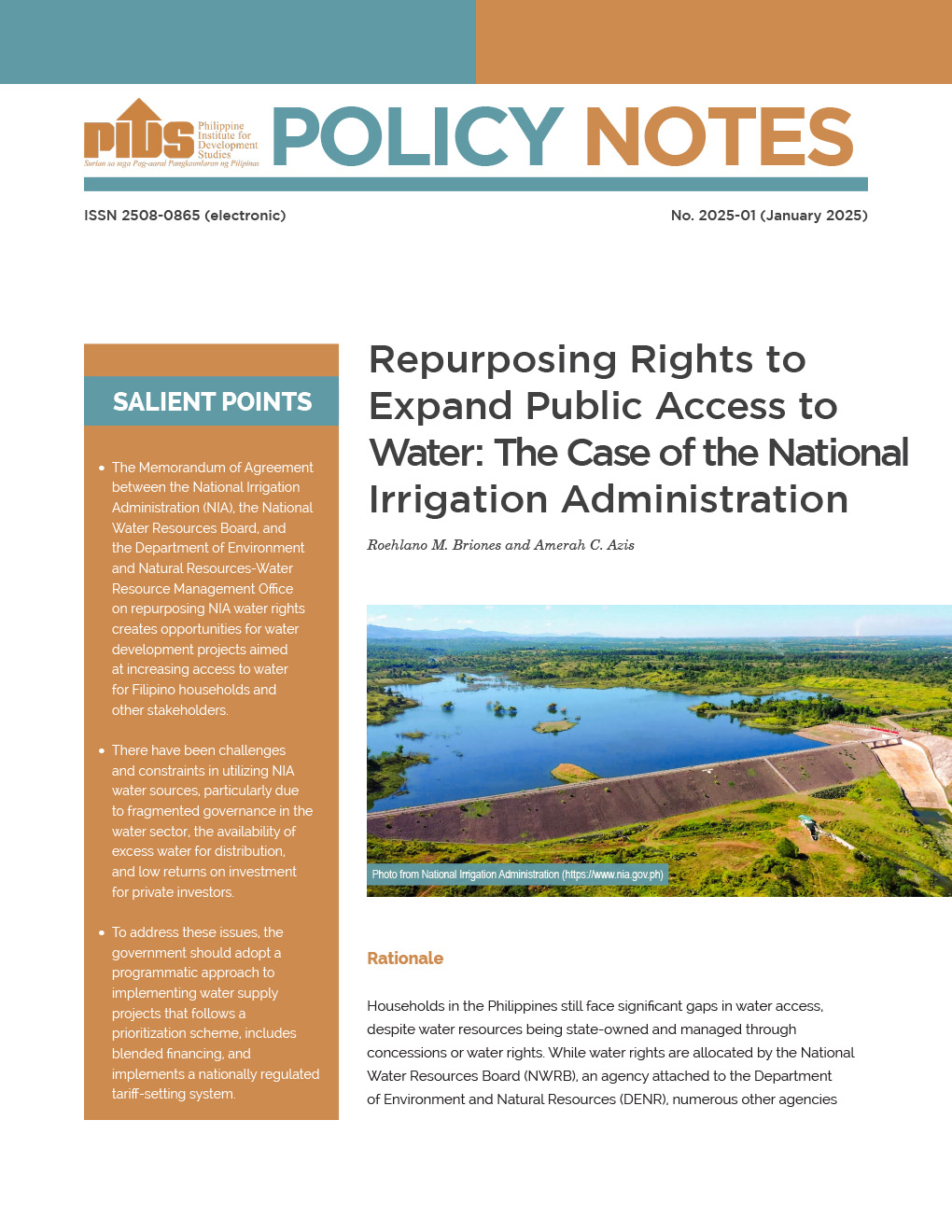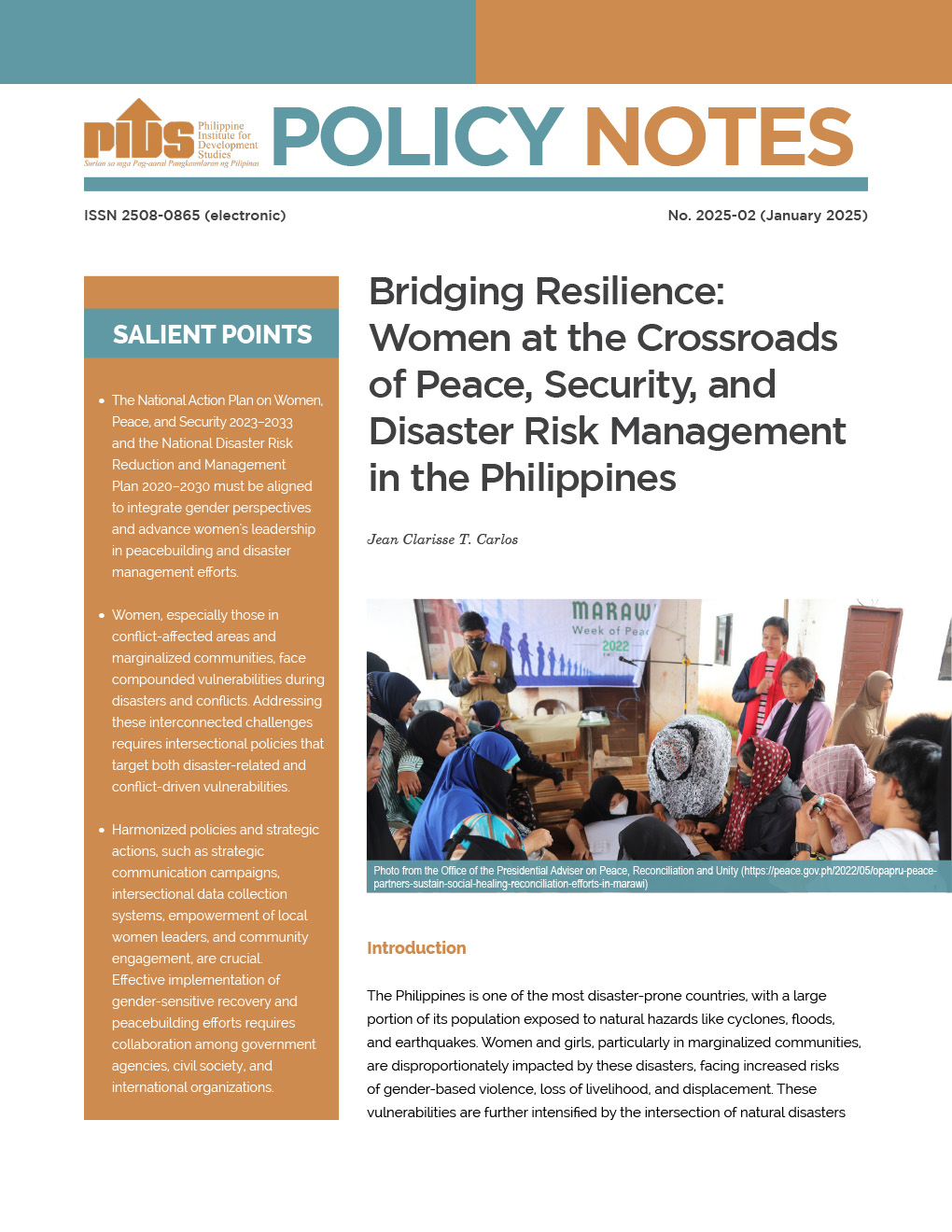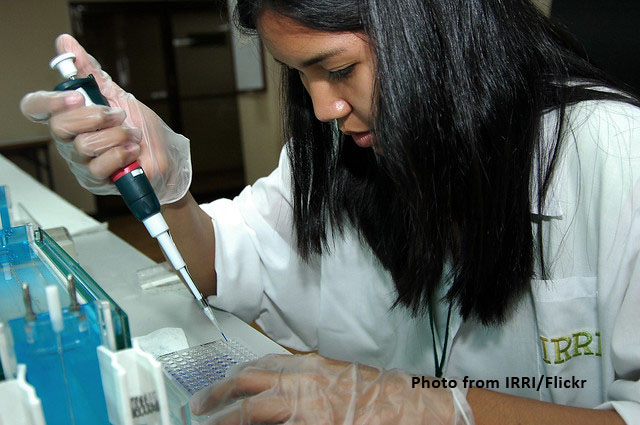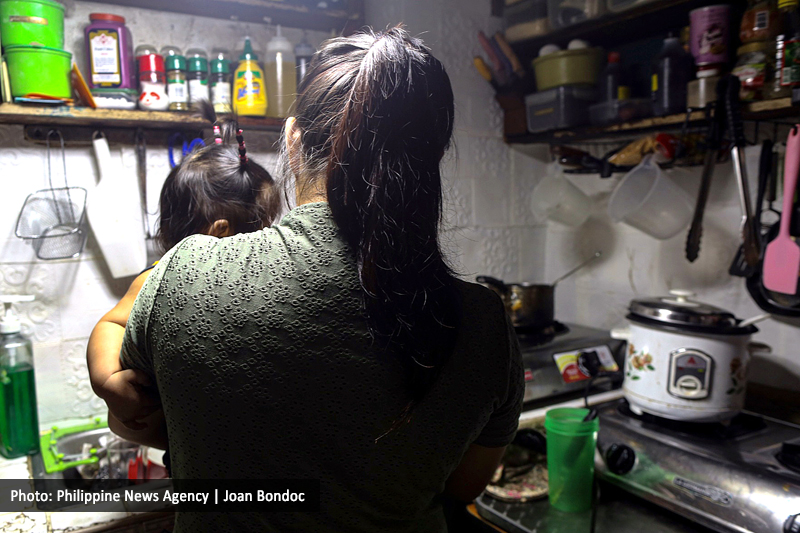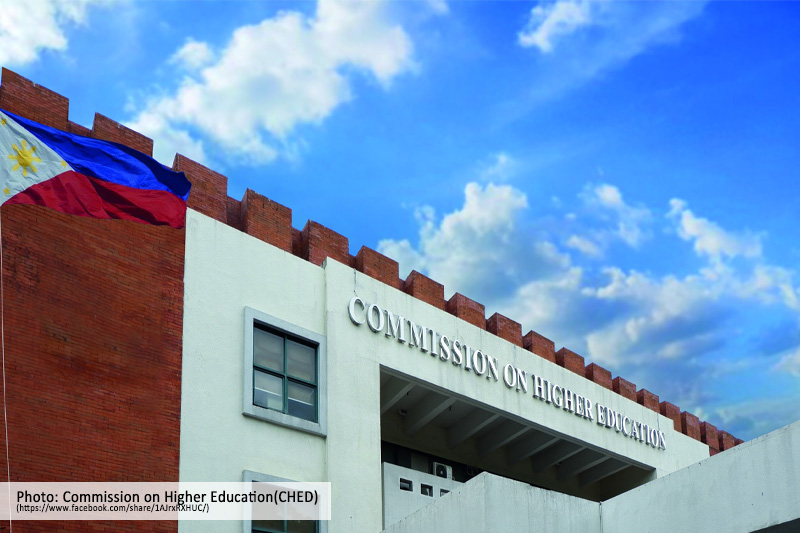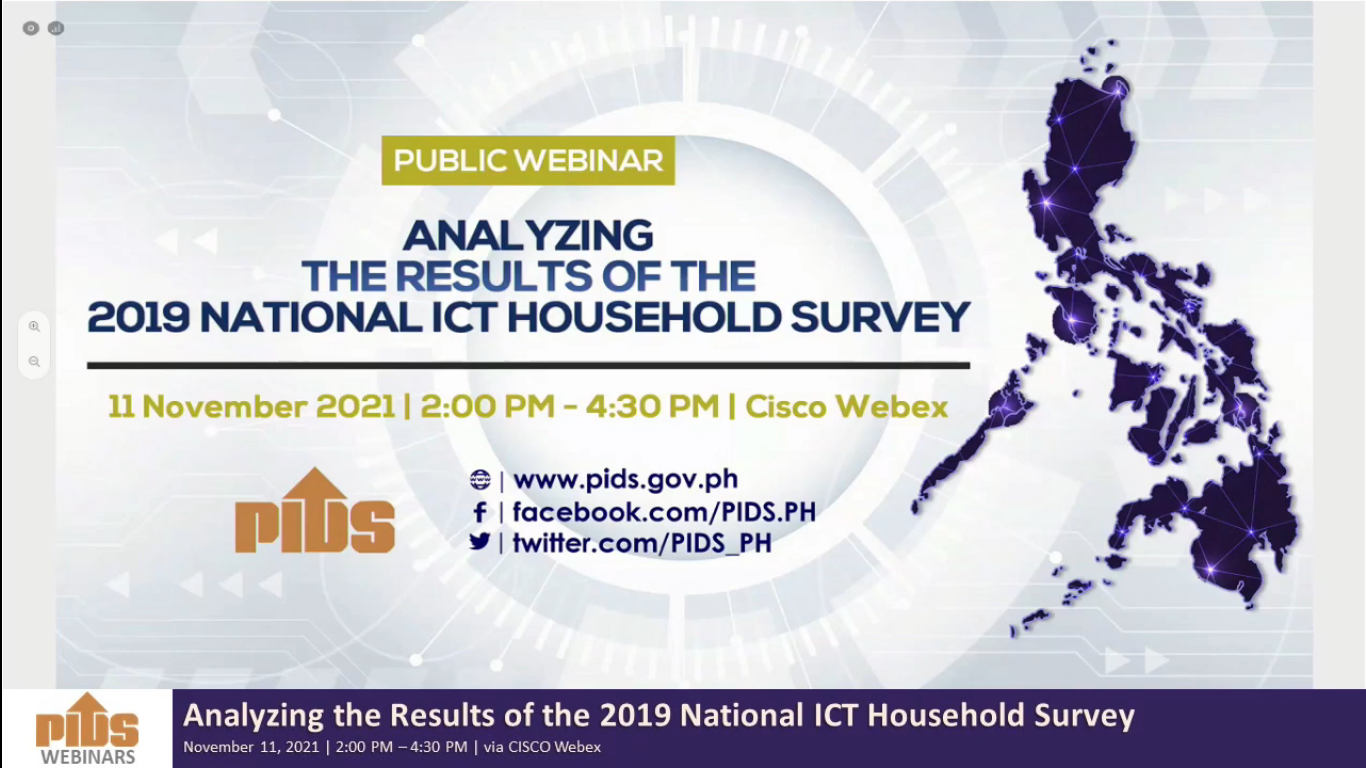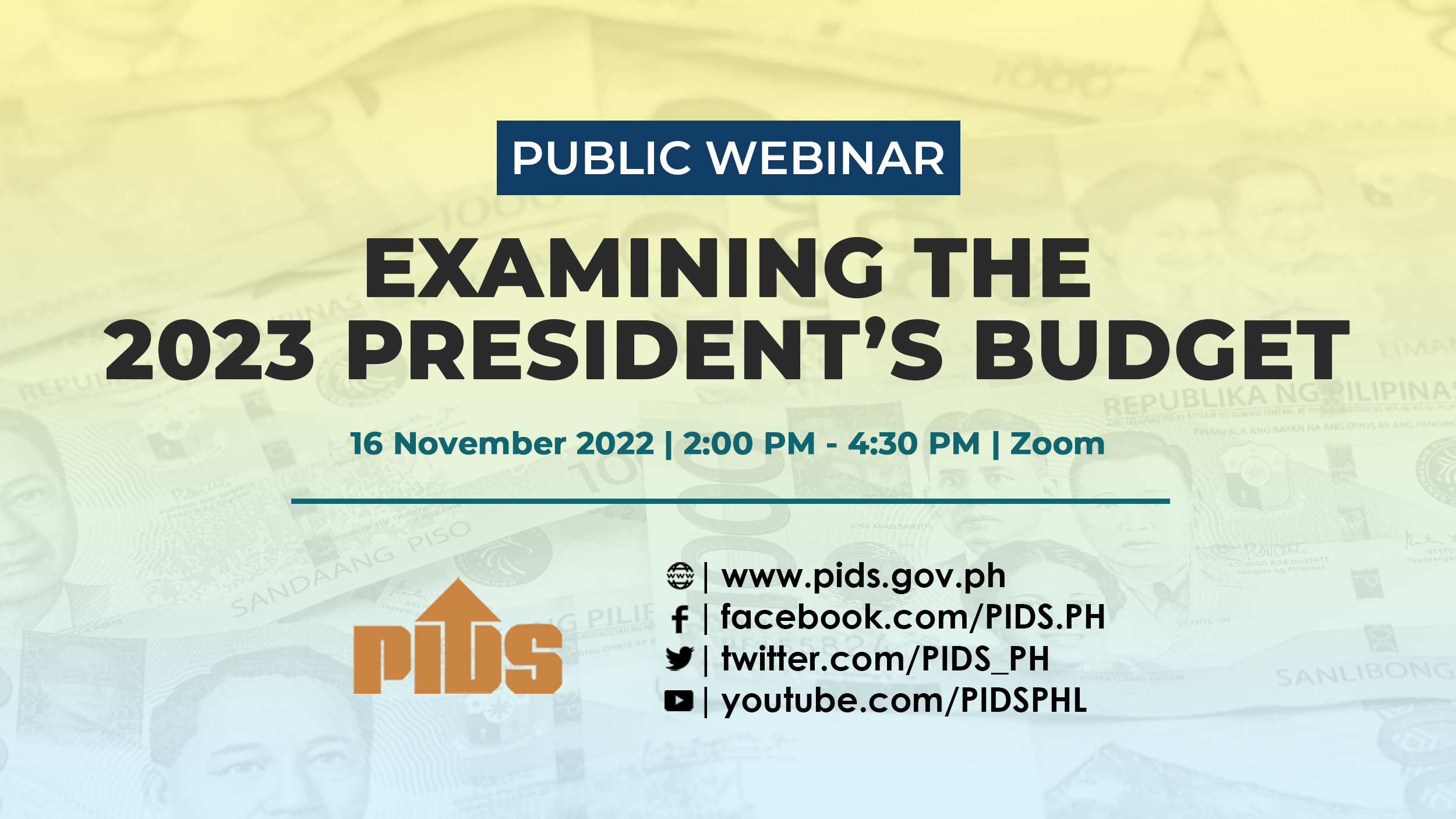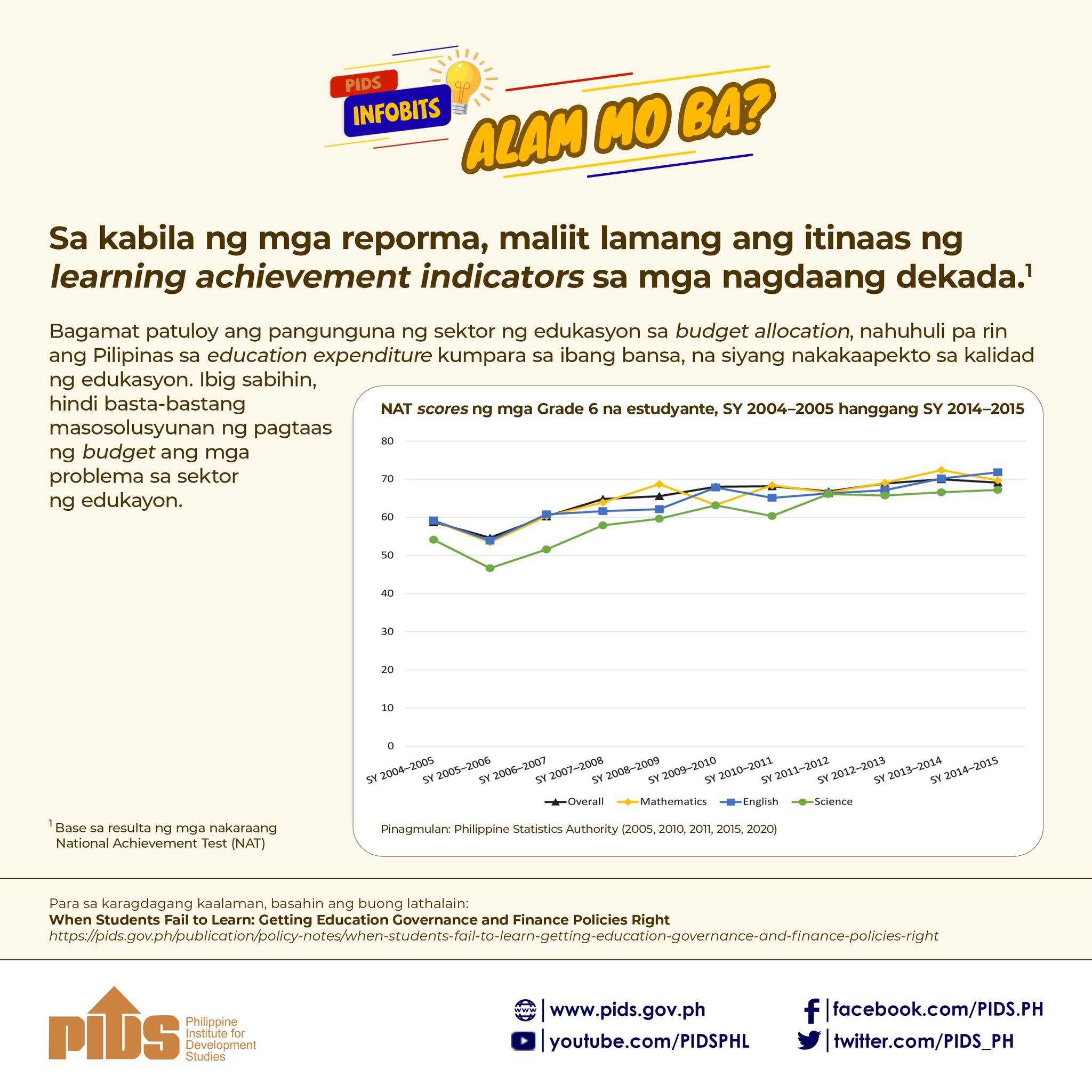A `technology-explicit` development agenda is needed to increase productivity and foster inclusive growth, according to one of the country`s top scientists.
Dr. William Padolina, president of the National Academy of Science and Technology and member of the board of trustees of the Philippine Institute for Development Studies (PIDS), made the call in his keynote address during the annual Symposium and General Assembly of the Philippine APEC Study Center Network (PASCN), the local research network focused on the Asia-Pacific Economic Cooperation (APEC) agenda. PIDS serves as the PASCN secretariat.
Central Luzon State University (CLSU) hosted the symposium and general assembly, the 18th since PASCN`s establishment in 1995, last June 5 at its campus in the Science City of Muñoz, Nueva Ecija.
Padolina said science and technology (S and T) would be able to provide tools and methods to make the country productive, adding that `The experience of many countries shows that economic development is not achieved by increased infusion of labor and capital but by improving economic efficiency or productivity.`
S and T should be able to address seven areas: economic efficiency, trade facilitation, investment incentives, food security, human resource development, environmental protection, and disaster and hazard risk management, he said.
`Science and technology competence provides the real base for innovation. It is scientific competence that is vital to keeping diseases out, in containing and eradicating incursions of diseases and in providing a sound basis for product standards development. As in any risk assessment, science and technology obviously have a key role in making sure that standards are appropriate, in making sure they are sound in theory and robust in practice,` Padolina said.
The symposium featured three research studies by PASCN member-institutions as well as studies by CLSU researchers.
Talking about the contribution of the knowledge economy to human development, Dr. Leonardo Lanzona, Jr., director of the Ateneo Center for Economic Research and Development, said there was a need to identify the role of educational institutions in effectively utilizing knowledge creation.
The impact of the knowledge economy manifests through a shift in the production function and an increase in the competitiveness of inputs, he said.
Dr. Jose Ramon Albert, PIDS senior research fellow, discussed the results of the 2009 Pilot Survey of Innovation Activities and said the determinants of innovation included knowledge management, firm size, and firm location. The survey results indicated the need to strengthen the policy framework for innovation, he said.
Gayline Manalang, assistant professor at the Department of Environment and Occupational Health at the University of the Philippines-Manila, presented the PhilSHIFT Project as an example of the use of science for inclusive growth and development. PhilSHIFT studies the role of the circadian or biological clock on Filipinos` physiology, behavior, and mental and physical performance. With 3,500 Filipino profiles so far, PhilSHIFT has noted a difference between the sleep characteristics of Metro Manila and non-urban cities, given the growth of contact centers and business process management.
CLSU professors and researchers Dr. Edgar Orden and Dr. Matilde Melicent Recto presented the state university’s latest research findings on goat-raising and innovation in the community-based carabao dairy industry.
PIDS President Gilberto Llanto, PASCN lead convenor, and PASCN Project Director Dr. Erlinda Medalla led the 18th PASCN General Assembly, kickstarting preparations for next year’s meeting that will coincide with the country`s hosting of the APEC Summit. Medalla announced that the 2015 PASCN symposium and general assembly will be hosted by Ateneo de Manila University.
In line with the Philippines` hosting of APEC 2015, the PASCN will be the host study center of the APEC Study Centers Consortium Conference in 2015. Boracay Island in Aklan, where the Second Senior Officials` Meeting (SOM 2) and related meetings will be held, is being eyed as the venue of the conference.
You may download materials related to this event here: http://www.pids.gov.ph/index3.php?pr=242
Dr. William Padolina, president of the National Academy of Science and Technology and member of the board of trustees of the Philippine Institute for Development Studies (PIDS), made the call in his keynote address during the annual Symposium and General Assembly of the Philippine APEC Study Center Network (PASCN), the local research network focused on the Asia-Pacific Economic Cooperation (APEC) agenda. PIDS serves as the PASCN secretariat.
Central Luzon State University (CLSU) hosted the symposium and general assembly, the 18th since PASCN`s establishment in 1995, last June 5 at its campus in the Science City of Muñoz, Nueva Ecija.
Padolina said science and technology (S and T) would be able to provide tools and methods to make the country productive, adding that `The experience of many countries shows that economic development is not achieved by increased infusion of labor and capital but by improving economic efficiency or productivity.`
S and T should be able to address seven areas: economic efficiency, trade facilitation, investment incentives, food security, human resource development, environmental protection, and disaster and hazard risk management, he said.
`Science and technology competence provides the real base for innovation. It is scientific competence that is vital to keeping diseases out, in containing and eradicating incursions of diseases and in providing a sound basis for product standards development. As in any risk assessment, science and technology obviously have a key role in making sure that standards are appropriate, in making sure they are sound in theory and robust in practice,` Padolina said.
The symposium featured three research studies by PASCN member-institutions as well as studies by CLSU researchers.
Talking about the contribution of the knowledge economy to human development, Dr. Leonardo Lanzona, Jr., director of the Ateneo Center for Economic Research and Development, said there was a need to identify the role of educational institutions in effectively utilizing knowledge creation.
The impact of the knowledge economy manifests through a shift in the production function and an increase in the competitiveness of inputs, he said.
Dr. Jose Ramon Albert, PIDS senior research fellow, discussed the results of the 2009 Pilot Survey of Innovation Activities and said the determinants of innovation included knowledge management, firm size, and firm location. The survey results indicated the need to strengthen the policy framework for innovation, he said.
Gayline Manalang, assistant professor at the Department of Environment and Occupational Health at the University of the Philippines-Manila, presented the PhilSHIFT Project as an example of the use of science for inclusive growth and development. PhilSHIFT studies the role of the circadian or biological clock on Filipinos` physiology, behavior, and mental and physical performance. With 3,500 Filipino profiles so far, PhilSHIFT has noted a difference between the sleep characteristics of Metro Manila and non-urban cities, given the growth of contact centers and business process management.
CLSU professors and researchers Dr. Edgar Orden and Dr. Matilde Melicent Recto presented the state university’s latest research findings on goat-raising and innovation in the community-based carabao dairy industry.
PIDS President Gilberto Llanto, PASCN lead convenor, and PASCN Project Director Dr. Erlinda Medalla led the 18th PASCN General Assembly, kickstarting preparations for next year’s meeting that will coincide with the country`s hosting of the APEC Summit. Medalla announced that the 2015 PASCN symposium and general assembly will be hosted by Ateneo de Manila University.
In line with the Philippines` hosting of APEC 2015, the PASCN will be the host study center of the APEC Study Centers Consortium Conference in 2015. Boracay Island in Aklan, where the Second Senior Officials` Meeting (SOM 2) and related meetings will be held, is being eyed as the venue of the conference.
You may download materials related to this event here: http://www.pids.gov.ph/index3.php?pr=242


